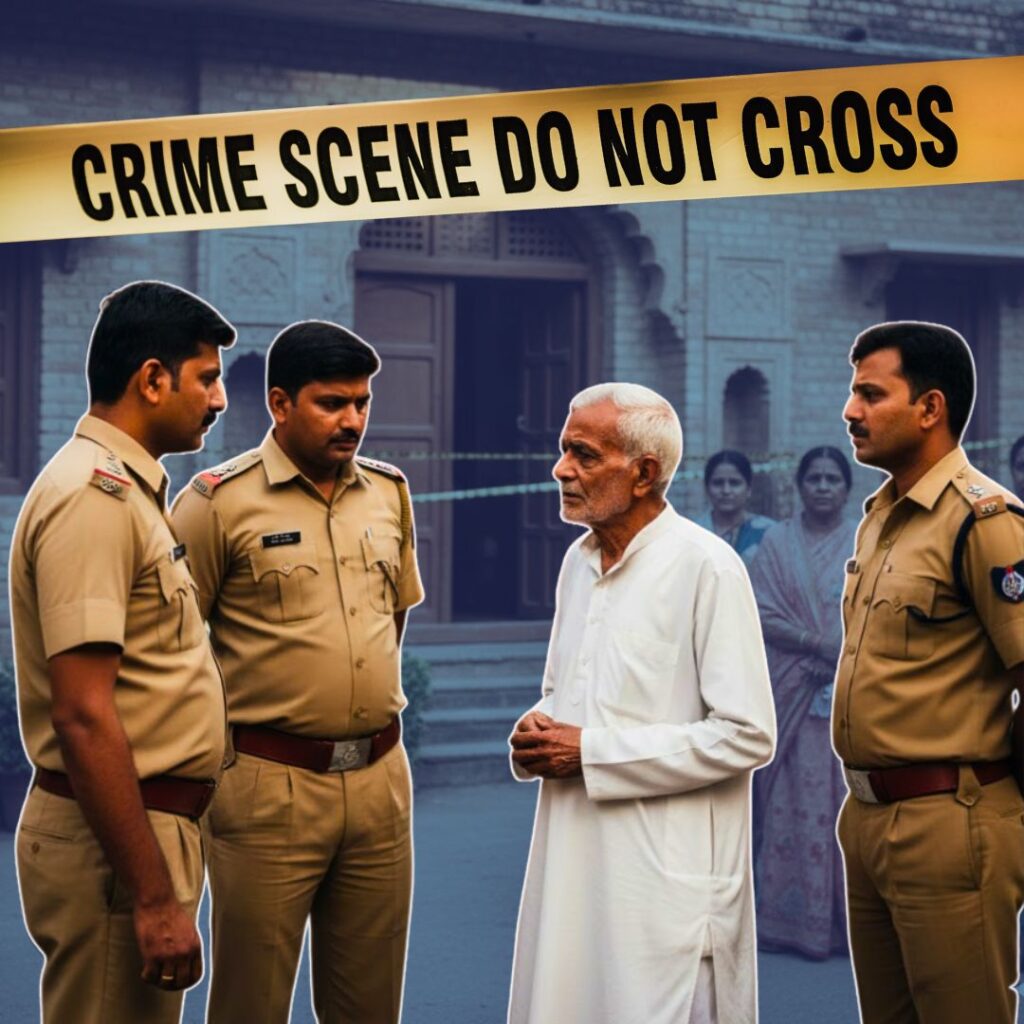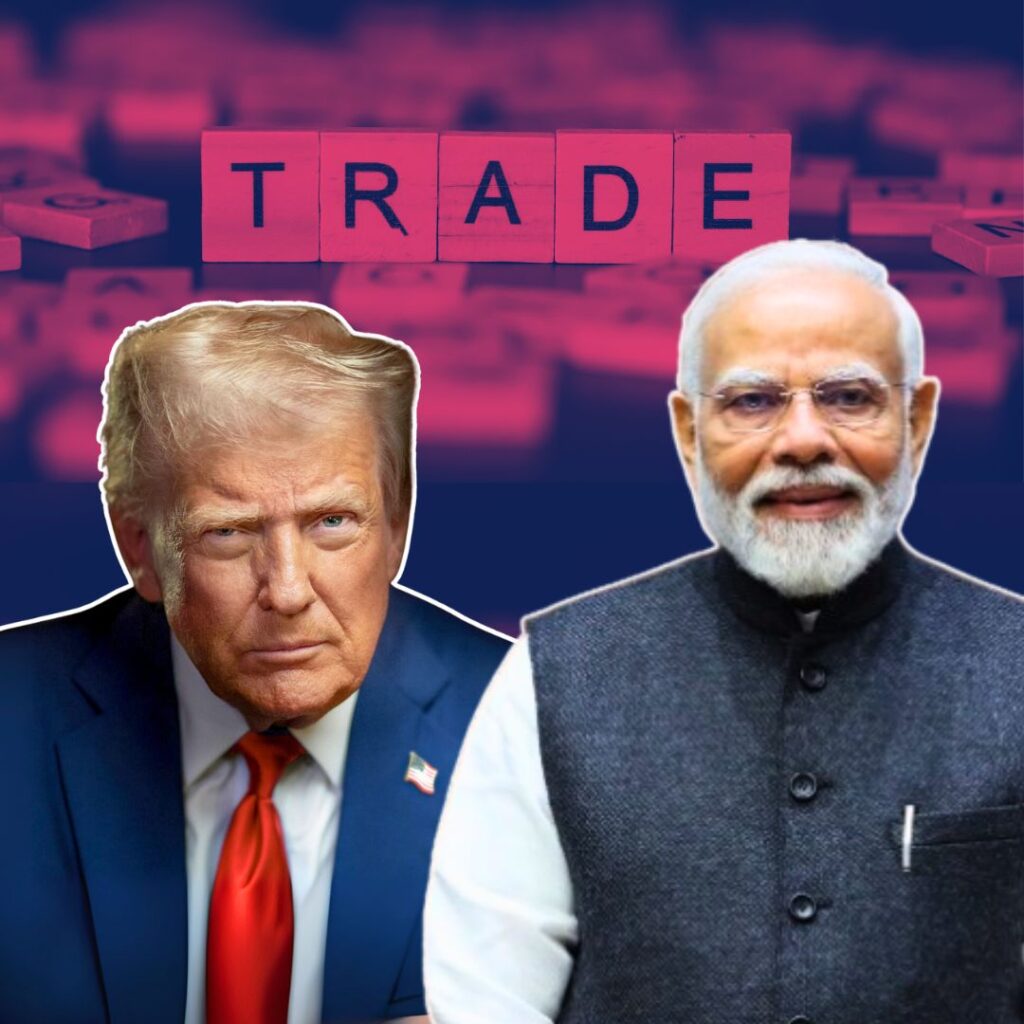Image Courtesy: timedotcom | nbcnews | eoc
“Whataboutism” is a widely-practiced logical fallacy. It is used to defend a current anomaly by pointing out to a previous anomaly. Simply put, it is responding to a statement that “XYZ was wrong,” by arguing with “What about ABC?” It became popular during the Cold War era when Soviet loyalists countered claims of communist suppression and violence by Soviet authorities by pointing out inequalities in other countries – like racial segregation in the United States or Apartheid in South Africa. This is a technique that is both unintelligent and effective – unintelligent because it is illogical and refuses accountability or owning up to one’s actions, and effective because it can deviate the debate altogether.
On 22 March 2016, Brussels was attacked by terrorists. The European Union (EU) has witnessed a string of terror strikes in the past months – most notably the two Paris attacks in 2015. These attacks have garnered massive coverage by the international press and have been debated endlessly by the media and political class.
At the same time, there is widespread criticism by the general public regarding what they call the media’s “selective coverage”. Proponents of this theory accuse the media for being West-centric by not highlighting similar attacks in Turkey, Nigeria, Baghdad etc. Two adages doing rounds on social media are “If you mourn one, mourn them all,” and “The world seems to unite only when white people die.”
The problem with media coverage is as much to do with what we consume as readers as it is a problem with the media’s priorities. It is both a supply-problem and a demand-problem. It is easy for us as readers to accuse the media of biased reporting and portray journalists as being West-obsessed. However, in reality, much of what we claim as being unreported can be found either in print media or on the internet. Indeed, the media is to be blamed for under-reporting crucial events and not amply informing us of them. But the average reader is also to blame for this. The average consumer of news is more attracted by click-bait headlines and colourful news than by facts or scholarly opinion. An article on Deepika Padukone and Ranbir Kapoor will be shared and engaged more number of times than an article on the recent deal between Turkey and the EU. While it is plausible to blame the media for not adhering strictly to journalistic values, it is equally important – if not more – to ponder over the fact that many of us don’t bother to read up on important current events even when they are being reported. For a sizeable portion of the public, Deepika Padukone’s love life is more interesting (and worthy of attention) than a treaty which can control the refugee crisis.
For example, it is easy to practice whataboutism by saying “You are talking of Brussels and Paris; where was your sympathy when Ankara was bombed?” Firstly, this argument makes faint sense in that the media covered Brussels and Paris more rampantly than it did Ankara. But secondly, did we as readers ever attempt to understand the myriad of situations stalemating Turkey today? In fact, how many of the people we know will even be aware of the Kurdish insurgency in eastern Turkey? How many of us will even know basic Turkish politics, history or demographics? Leave all of that – how many of us will even know that Ankara is the capital of Turkey?
It is very easy to point fingers and accuse someone of not being offended enough. Even if you ignore the ongoing conflicts in Syria, Afghanistan and Syria, there have been dozens of terrorist attacks this year. All of them can be tracked on reputed news agencies like Reuters, AP or Al Jazeera. But how many of us are concerned enough to read these reports?
There are countering arguments like the fact that the Paris attacks were different as they involved a nuclear State, a P5 member, or that the attacks would impact the refugee crisis. There are arguments that reports of attacks in Iraq fail to cause as much outrage as such attacks have become commonplace in Iraq. All these arguments are secondary when compared with the regrettable truth that we as citizens of a country and denizens of the world just don’t know enough about the issues that matter. Part of the reason for this ignorance are TRP-driven elements in the mainstream media; but the bulk of the responsibility lies in our own failure to equip ourselves with informed opinion and mull over significant issues more than mere entertainment gossip.
The media is definitely to blame for the fact that today people are more likely to know about Sunny Leone slapping a journalist or about the release of Batman vs. Superman than about the ongoing chaos in the University of Hyderabad or the Syrian Army’s retaking of Palmyra from ISIS. But if we as responsible citizens and avid consumers of news who have access to the internet are not bothered by the Iraqi invasion of Mosul which began yesterday or the possibility of Britain leaving the European Union in June 23 or David Headley’s revelations or the current Brazilian political crises even though they have been reported by reputed news agencies, are we not also at fault? It is easy to be armchair activists and armchair judges; the real challenge lies in evolving into actual activists and judges.













